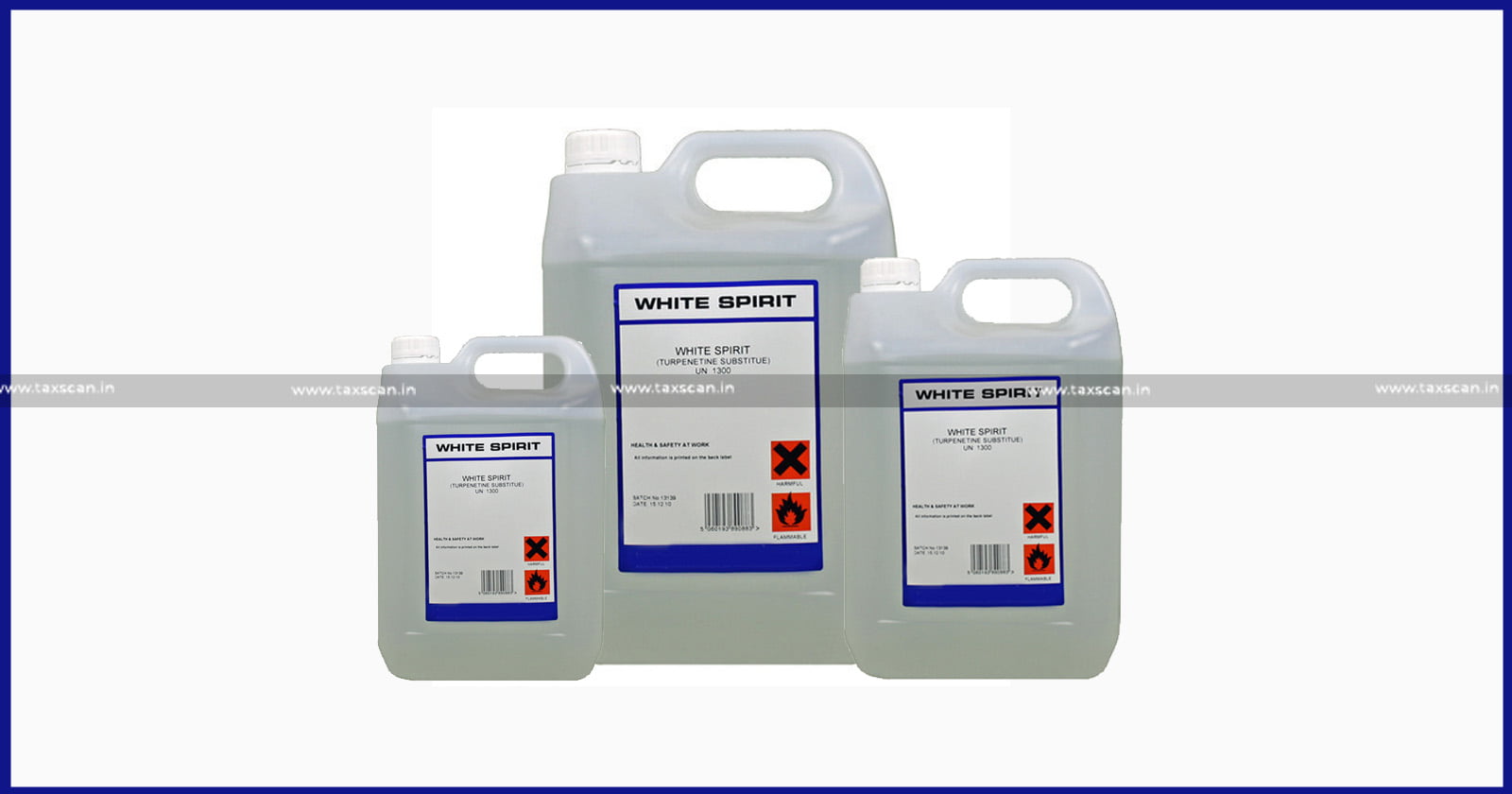Low Aromatic White Spirit is Classifiable under Light Oil and Preparations: CESTAT Confirms Setting Aside Confiscation

The Kolkata Bench of the Customs, Excise and Service Tax Appellate Tribunal (CESTAT), confirmed setting aside of confiscation and held that low aromatic white spirit is classifiable under Light Oil and Preparations under the Customs, Tariff Act.
DRI, New Delhi has issued an Alert Circular No.02/2020-CI vide F.No.DRI/HQCI/CCELL/29/XI/16/2019/2051 dated 23.03.2020 regarding “Violations of Petroleum Act, 1934 and Petroleum Rules, 2002 in import of “Low Aromatic While Spirit/Hydro Carbon Solvent and other Petroleum Class A, B and C grades”. The Circular indicated that some importers are importing Low Aromatic White Spirit (LAWS) classifiable under sub-heading 27101920, but mis-declaring the same under the sub heading 27101990, thereby violating provisions of Import Policy.
Accordingly, the Special Investigation Branch (SIB), Port, has initiated an investigation against the goods declared as ‘Low Aromatic White Spirit’ (LAWS) imported by the Respondent-Importer, M/s. Maxtone Petrochemicals. The adjudicating authority confiscated the goods imported but allowed re-export of the goods on payment of redemption fine and imposed penalty of Rs 3,00,000 in the event of failure to re-export the same within 120 days.
Aggrieved against the order, the importer filed appeal before the Commissioner (Appeals), who set aside the confiscation against which the Department (appellant) is in appeal before the Tribunal.
The Counsel for the Department contended that the Appellate authority as erred in holding that the impugned goods are not prohibited goods and releasing the goods for home consumption on payment of redemption fine.
The Counsel also submitted that the goods imported are solvent 125/240, low aromatic as per IS 1745:2018, which can be imported only by State Enterprises. Their unrestricted release in the market will cause distortion in the market. It can result in adulteration of fuels like petrol and diesel. The restriction imposed is meant for ensuring safety and checking adulteration. Hence, release of the goods for home consumption on payment of redemption fine is not in consonance with the policy of the government.
The Counsel for the respondent-importer submitted that regarding the goods imported, the Respondent stated that the CRCL test report dated 26.11.2020 has certified that the sample is in form of colourless liquid and composed of Mineral Hydrocarbon Oil (more than 70% by wt.) and meets the criteria of “Light Oil and Preparations”.
The Two-Member Bench of the Tribunal comprising PK Choudhary, Judicial Member and K Anpazhakan, Technical Member observed that “we hold that the impugned goods cannot be classified under CTH 27101920 as per the comparison between the Test reports received from CRCL and its comparison with the IS Standard 1745 parameters required.”
“The Respondents submitted that they have applied for enhancement of the quantity which has since been approved. Therefore, section 111(d) of the Customs Act, 1962 is not applicable as far as the impugned goods are concerned and confiscation is not warranted on this count” the Tribunal noted.
To Read the full text of the Order CLICK HERE
Support our journalism by subscribing to Taxscan premium. Follow us on Telegram for quick updates
Commissioner of Customs (Port) Vs M/s. Maxtone Petrochemicals , 2023 TAXSCAN (CESTAT) 615 , Shri S.Chakraborty , Shri Arijit Chakraborty

